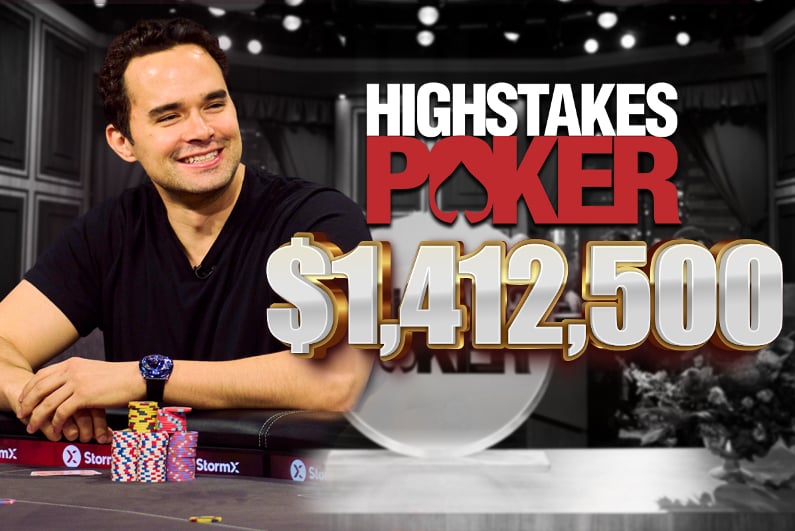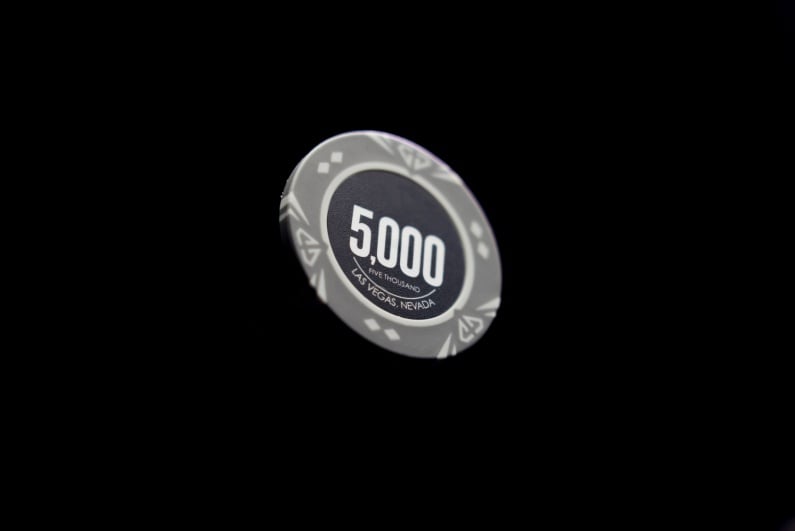The summer slump is coming
In 2017, Netflix’s CEO said sleep was the company’s biggest competitor. Similarly, a poker company’s biggest competitor is not the other poker companies. It is the other entertainment industries fighting for the public’s attention and their recreational money.
For that reason, all of the sites have an unspoken and rarely acknowledged responsibility to one another. If poker grows, they all benefit. If the image of poker is positive, they all reap the rewards. If poker gets favorable headlines, they all win.
it is very hard to judge real progress during a boom time
Online poker has been in a period of sharp growth since the COVID-19 pandemic took hold in March 2020. The sites have seen an influx of new players, the return of former players, and a greater number of hours being put in by casual and regular players. Under these conditions, all boats have risen. It is very hard to judge real progress during a boom time, however, especially one which was undoubtedly caused by extraneous factors.
Now, as the industry enters into what will be a period of slump, some interesting statistics will likely emerge in the shakeup, as will some new narratives around decisions made in the past 15 months by the major operators.
PokerStars helped restore faith in industry
It is easy to view large companies as ruthless and self-interested, but there are some precedents for a poker company taking the long view and exercising responsibility beyond its station. On July 31, 2012, PokerStars and the US government struck a settlement deal in which PokerStars acquired all of Full Tilt Poker’s assets and intellectual property.
The settlement was worth $731m in total, with $547m being paid to the US government over a three-year period. Importantly, the remaining $184m was earmarked for the repayment of Full Tilt Poker’s non-US customers.
John Pappas, then-executive director of the Poker Players Alliance, celebrated the deal, saying: “[w]e applaud that the parties made a process for the restitution of the players a central component of the agreement, and appreciate the government’s commitment to the fair treatment of the players.”
Recognizing the interconnectedness of all operators in the industry, PokerStars brought back customer faith in the game of poker by bailing out Full Tilt. It did something similar in 2017 when it made the player balances of the insolvent PKR available dollar-for-dollar in PokerStars accounts.
Sites were short-sighted during 2020
Cut to 2020 and a boom year for poker. The pandemic created the perfect set of circumstances for the game’s growth. In March 2020, poker sites were caught off guard and initially responded with bigger guarantees on all their nightly scheduled games. Then came the usual spring series across the networks, which hit their biggest numbers in years. The sites collectively decided “more series are better” and the industry entered into a bizarre phase with seemingly never-ending online festivals.
This sledgehammer approach to poker schedules combined with unlimited re-entries on many of the sites was a bit of a money grab that pitted sites against one another for all that new liquidity that was coming into poker. To whatever degree that individual poker rooms take a long-term view for the health of their ecosystems, these provisions and the people who champion them seemed to be cast aside in the pursuit of profits.
British poker pro Patrick Leonard sounded the alarm bell back in May 2020, saying “I’m 95% sure a financial crash is coming that will decimate us.”
On an episode of “The Chip Race” in June, Leonard elaborated on his fears, pointing to everlasting online series, the re-entry culture, and the longest late registration periods we have ever seen in poker as the reasons for his grim prediction:
He also put forward the idea for a players union, a group who could counsel the sites on better long term policies.
Some operators saw the bigger picture
During the summer of 2020, it seemed like some of the poker sites were heeding Leonard’s warning. partypoker got rid of the vast majority of its unlimited re-entry tournaments. Unibet Poker made its home games rake-free and reduced the rake on SNGs.
Speaking to VegasSlotsOnline News, Kris Bergvall, Unibet Head of Poker, explained the logic and long-term business strategy behind his home-game decision.
Players that organize home games tend to be mini-influencers in their social circles.”
“Players that organize home games tend to be mini-influencers in their social circles,” he said, “and any player that is invited to a home game who does not have an account or isn’t active is going to be acquired or reactivated.”
PokerStars was still committing to the new eternal series culture, but to its credit, having lost out on a lucrative WSOP partnership to GGPoker, it put on the Stadium Series with aggressive guarantees, knowing ahead of time that they would likely overlay and thereby be putting some value back into the players’ pockets.
It was good to see some decisions being made that were prioritizing customer experience over short-term profits, but was it too little, too late? New players, especially, needed protection, but for the most part, they were still being allowed to get skinned at the tables. Of course, those individuals were free to make their own decisions, but if sites had found more ways to give them some bang for their buck, they would have been more inclined to deposit again. Under gentler conditions, they could have been long-term contributors to the poker economy, happily spending some fraction of their entertainment dollars. Instead, there were a lot of players who were “one-and-done.”
Poker is showing signs of slowing
According to poker’s premier data journalists over at Poker Industry Pro, the revenue at Pokerstars, partypoker, 888poker, and Unibet Poker grew from approximately $920m in 2019 to $1.1bn in 2020. The problem is that when the tide is rising, it is hard to figure out who is actually doing a good job.
While PokerStars reported poker growth of 17%, from $790m to $920m, the other operators saw collective growth of around 50%, with partypoker going from $57m to $84m, 888 going from $43m to $63m, and Unibet going from $30m to $45m.
Assisted by worldwide lockdowns, the early part of 2021 was boomy, but there are signs now that poker is tailing off in the second quarter. Tournament guarantees have been reduced. Some of PokerStars’ regularly-scheduled nightly games have not started in the last few days, something that hasn’t happened in years. A combination of factors are causing this downturn and other factors could contribute to this trend continuing:
- The end or loosening of lockdown restrictions, permitting a greater number of outdoor activities
- The summer weather making outdoor activities more appealing
- Tournament series fatigue
- The recent precipitous price drop in cryptocurrency, an asset class popular with poker players
- The European Cup will provide nightly entertainment and also offer an alternative way to gamble
Summer will be a test for operators
The writing appears to be on the wall. We are heading into an austere period for online poker. It could well be the case that working from home and traveling less in the last 15 months has rewired population tendencies and created new habits which will ultimately be good for online poker, but in the short term, it is reasonable to predict a big downswing.
This summer will be a big test for poker operators. None will escape the slump as the many ad hoc policies of the past year will be exposed for their avarice. As the chickens come home to roost, the companies which cared about customer retention as much as they did acquisition will maintain relative health, while companies that chased short-term gains might find themselves struggling.
Try as we might to postpone them, days of reckoning inevitably arrive.



